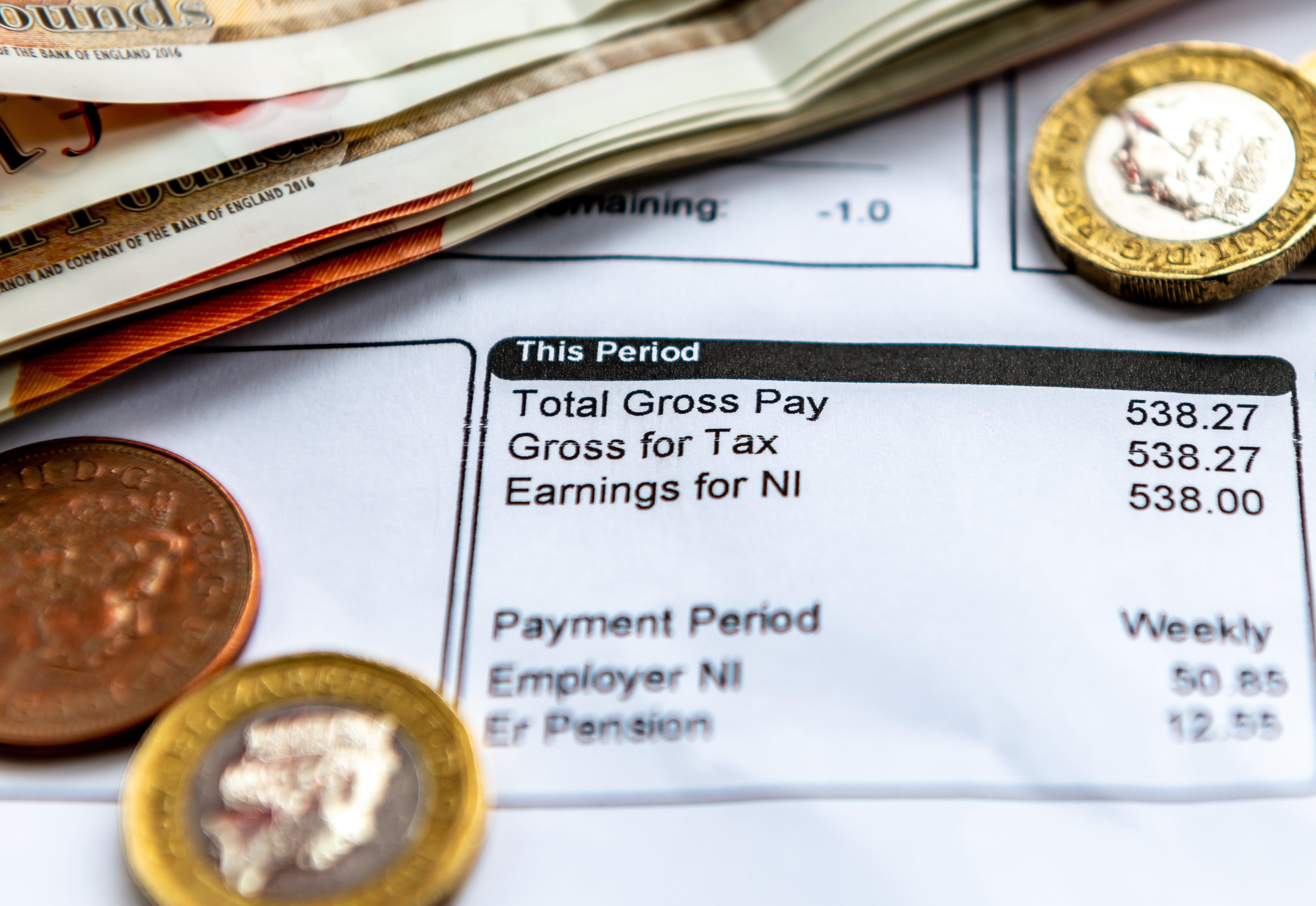Employers paid out a record-breaking £105 billion in National Insurance bills in the 2022/23 fiscal year ending 20 September 2023. The amount has risen by over £7 billion from £97 billion in the 2021/22 year.
Nick Donohue, tax partner at our Manchester office, comments: “Employers are being hit twice over – once by wage inflation and once by the jump in National Insurance bills that has caused.”
“The Chancellor should look at cutting Employers’ National Insurance in the Autumn Statement. The number of companies being forced into insolvency is at its highest level since the last financial crisis and there needs to be some respite.”
“Many people see National Insurance as a tax on employment. At a time of huge economic uncertainty, a cut in National Insurance would protect jobs and businesses.”
Sectors such as hospitality have been hit particularly hard by the large rise in the minimum wage in April this year (which also increases employers’ NI bills), combined with the effects of falling consumer spending.
The 10% rise in the minimum wage to £10.42 earlier this year was the biggest single increase since the minimum wage was introduced in 1999.
“Running a restaurant or pub has become far more challenging this year due to the jump in the minimum wage. That rise has had a significant impact on National Insurance bills and cut margins to the bone for many.”

* Year end September 2023. Source: HMRC


